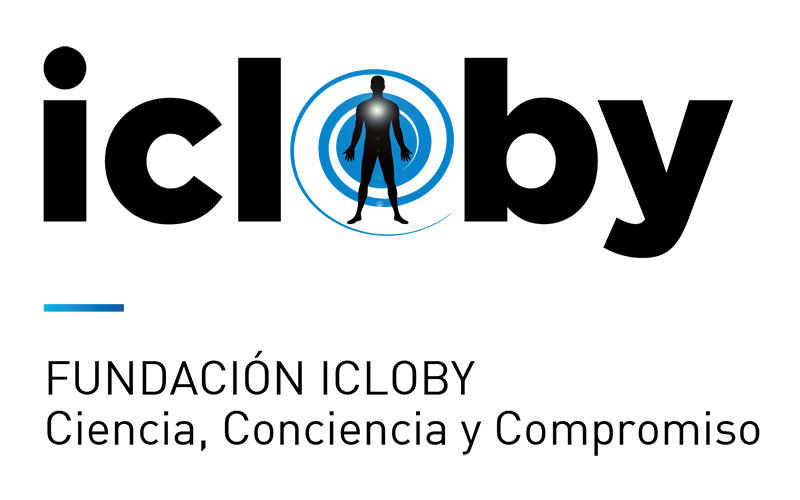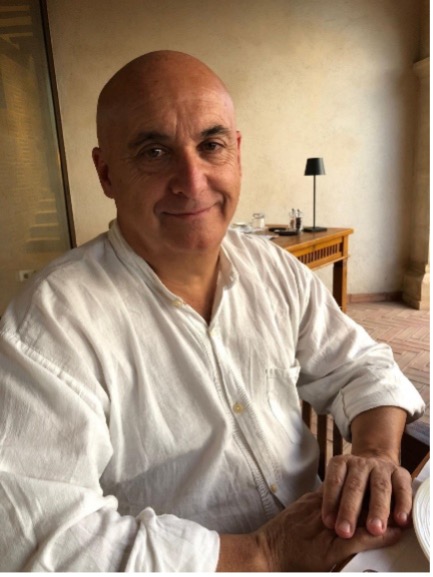今天是关于书的. 这个月标志着发布 超越生活的生活 泽维尔·梅洛, 由凯罗斯社论出版. 这本书的所有收益以及“Somos Alma”YouTube 频道和基金会其他社交媒体平台的收入都将致力于通过 Project Luz 进行意识研究.
超越生活的生活 经历过这些经历的人带着平静的情感详细描述了濒死体验, 在手术室或诊所目睹这些情况的医生清晰而诚实地讲述了这些情况.
这本书, 就像参与 Luz 项目的科学家和支持人员所做的工作, 是作为团结的姿态而创建的. 我们衷心感谢所有参与者的无私贡献.
我们感谢本书的所有贡献者: 皮姆·范·洛梅尔, 布鲁斯格雷森, 雷蒙德·穆迪, 只是亚历山大, 杰弗里·奥尔森, 卢扬科马斯, 埃米利奥·卡里略, 手动 无, 圣地亚哥罗哈斯, 玛丽亚·辛芬 (匿名的), 格蕾特瓶, 胡安玛·卡雷特罗, 索恩阿尔西巴尔, 蒙特塞拉特字体, 安娜·塞西莉亚·冈萨雷斯, 埃斯蒂巴利兹·埃尔南德斯, 伊冯·卡森, 卡米娜·马丁内斯, 英格丽·洪卡拉, 和我自己——感谢他们的重要和无私的投入.
“我希望这本书能触动你的心, 亲爱的未来读者, 并且它成为动力的源泉, 乐观, 和你的生活. 愿它改变你并帮助你塑造对人生目标的看法. 除此之外, 它可以帮助你——理性地、科学地——理解我们的大脑并不是我们意识的全部. 有重要证据表明意识是非局部的并且并不单独存在, 甚至主要是, 在大脑中, 正如我们在本月的这本书的科学评论中讨论的那样 不朽的头脑: 今天出来 - 大脑可以分开, 但不是思想 由Denyse O’Leary和Michael Egnor.
这并不奇怪. 考虑一下这本书 人类对意义的追寻 作者:心理学家兼精神病学家维克托·弗兰克尔, 他在纳粹集中营被监禁了几年. 不公之中, 强迫劳动, 饥饿, 和冰冻温度, 他指出,那些有求生意愿并能在痛苦中找到意义的囚犯更有韧性,更有可能生存下来. 另一方面, 那些在感情上放弃的人, 或拼命与他人战斗以求生存, 最终失去了希望,大多数人都死了.
我们还可以举出不那么极端的例子, 日常例子——例如艾滋病或癌症患者. 许多案例表明,那些有决心克服疾病的人比那些专注于不幸的人的生存率要高得多.
面对生活中的困难(我们可能会遇到很多困难),保持这种信任和乐观的愿景至关重要, 不去判断事情是好还是坏. 我们必须致力于为我们的岁月带来更多生机, 而不仅仅是试图延长我们的生命[./TP]面对生活的困难,我们预见到我们的世界上也会有它们, 这种信任的愿景很重要, 乐观,不去判断是好是坏,把大量的精力投入到我们每天拥有的岁月中,而不是太担心拥有多少年的生活.Xavier Melo博士
创始董事
Icloby基金会


